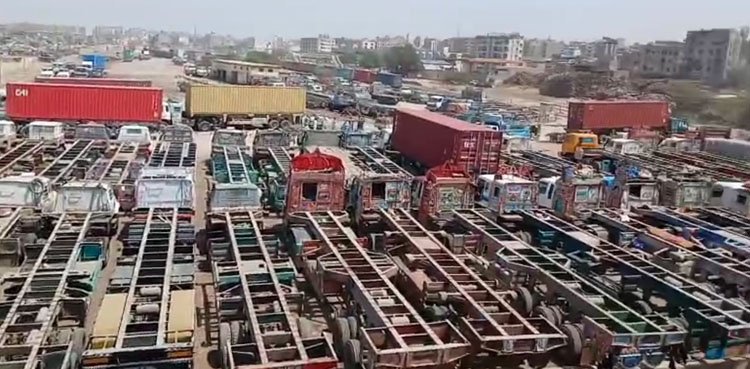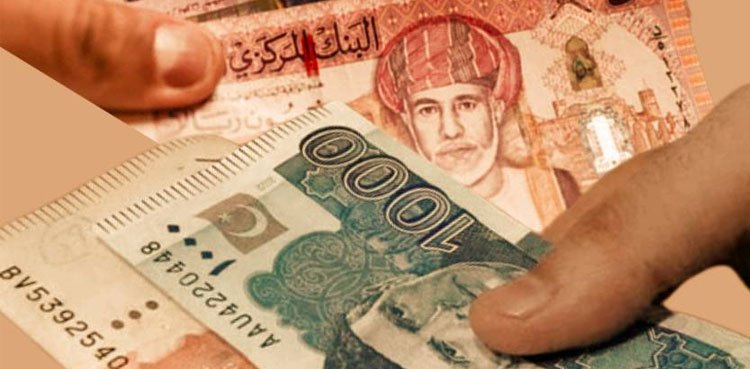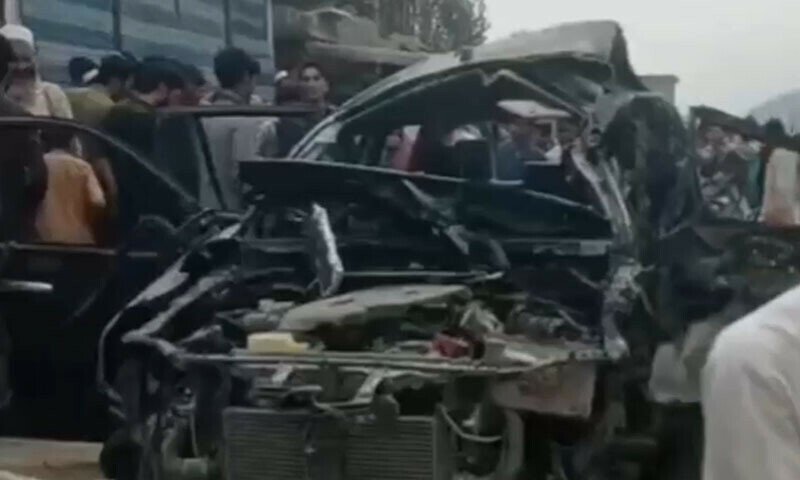KARACHI: Heavy goods transporters have suspended the lifting of cargo from Karachi’s ports and industrial areas in protest against the ongoing crackdown on their vehicles, ARY News reported.
According to reports, a large number of import containers have started piling up at major port terminals in Karachi.
According to Nadeem Arain, Secretary of the Karachi Goods Carrier Association, all operations at key terminals including KICT, SAPT, and KGTL have come to a complete halt today.
“Daily, around 7,000 heavy vehicles move in and out of these terminals, and another 3,000 from Port Qasim. All such activity is now on hold,” he said.
Transporters have parked their vehicles at warehouses and truck stands across Karachi, disrupting the entire supply chain of imported goods.
Nadeem Arain further stated that the transporters are not against the government’s safety regulations but require reasonable time to comply. “We need time for the fitness process of thousands of vehicles,” he emphasised.
Read More: Karachi accidents: Front, back cameras declared mandatory for dumpers
Imdad Naqvi, President of the Car Carrier Association, explained that installing mandatory trackers, cameras, and safety grills on each vehicle would cost between PKR 200,000 to 300,000.
“We are willing to follow all directives issued by the Sindh government but request a three-month grace period,” he said.
He urged the authorities to sit with the transporter community and set a clear time frame for implementation of these safety requirements.
“So far, nearly 300 vehicles have been seized by the police in the name of fitness,” Naqvi added.
The Federation of Pakistan Chambers of Commerce and Industry (FPCCI) has also voiced concern.
Vice President Amaan Paracha demanded the Sindh government take urgent action to resolve the issue.
“The government must address the transporters’ legitimate concerns and provide them with time to ensure vehicle fitness,” he stated.
Paracha further warned that the ongoing strike has impacted cargo movement not only from Karachi’s ports but also from factories across the region.




